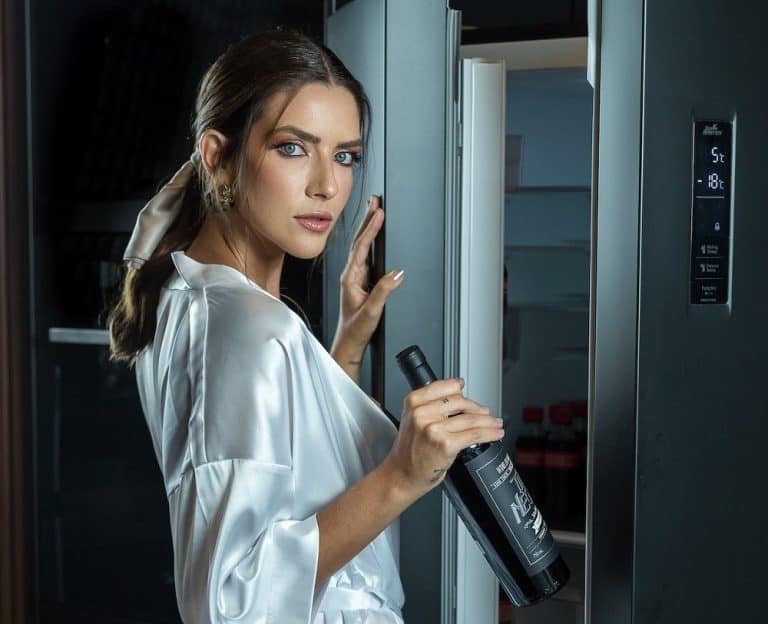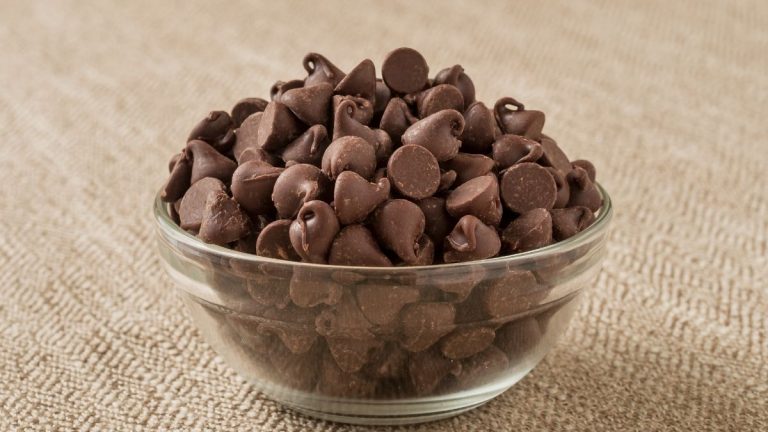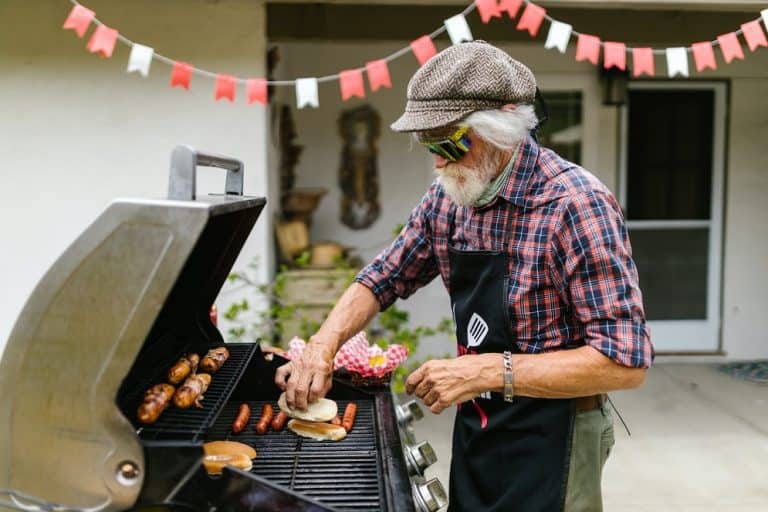Winter Grilling: What You Need to Consider
When it comes to grilling, many people associate it with summertime and warm weather. However, grilling in the winter can be just as enjoyable and delicious. Some argue that grilling in the winter can be even better, as the cold weather can enhance the flavors and aromas of the food. But before firing up the grill in the winter, there are a few things to consider.
First and foremost, safety should always be a top priority when grilling in the winter. It’s important to ensure that the grill is placed on a stable surface, away from any flammable materials such as trees, bushes, or buildings. Additionally, it’s crucial to dress appropriately for the weather and to have a clear path to and from the grill to avoid any slips or falls on icy surfaces. Another important safety consideration is to never leave the grill unattended, especially when there are children or pets around.
Another factor to consider when grilling in the winter is the type of food that is being grilled. Some foods may take longer to cook in colder temperatures, so it’s important to plan accordingly and allow for extra cooking time. Additionally, certain foods may be better suited for winter grilling, such as hearty meats and vegetables that can stand up to the colder weather. By considering these factors and taking the necessary precautions, grilling in the winter can be a fun and delicious way to enjoy the outdoors all year round.
You can also read this article on Appetizer Girl for even more tips.
Understanding Winter Grilling
Grilling in the winter can be a challenge, but it’s not impossible. With the right preparation, you can enjoy delicious grilled food even when it’s cold outside. Here are some things to keep in mind:
- Temperature: The temperature outside will affect the cooking time and the performance of your grill. It’s important to preheat your grill for longer than you would in the summer to ensure that it reaches the desired temperature. You may also need to adjust the cooking time to compensate for the cold weather.
- Fuel: Cold weather can affect the performance of your fuel, whether you’re using charcoal or propane. Make sure to store your fuel in a dry, warm place to prevent moisture from affecting its performance. You may also need to use more fuel than you would in the summer to maintain the desired temperature.
- Wind: Wind can be a major factor when grilling in the winter. It can cause your grill to lose heat quickly, and it can also make it difficult to control the temperature. If possible, try to position your grill in a sheltered area to protect it from the wind.
- Safety: Grilling in the winter can be more dangerous than in the summer, especially if there is snow or ice on the ground. Make sure to clear a safe area around your grill before you start cooking. You should also dress appropriately for the weather to avoid hypothermia or frostbite.
Overall, grilling in the winter requires a bit more preparation and attention to detail than in the summer, but it can be a rewarding experience. With the right mindset and a few extra precautions, you can enjoy delicious grilled food all year round.
You can still host a BBQ with friends in the winter with the right preparations.
Preparing Your Grill
When grilling in the winter, it’s essential to prepare your grill properly. Here are the three important sub-sections to consider before you start grilling:
Cleaning the Grill
Before using the grill, I always make sure to clean it thoroughly. This includes removing any leftover food particles, grease, and ash. I use a wire brush to scrape the grates and a damp cloth to wipe down the exterior. Cleaning the grill not only helps to prevent flare-ups but also ensures that the food will cook evenly.
Checking for Leaks
It’s crucial to check for gas leaks before using a gas grill. I inspect the hose and connections for any cracks or leaks. I also use a solution of soapy water to check for leaks. If I see any bubbles forming, I know there’s a gas leak, and I turn off the gas immediately.
Preheating
Preheating the grill is essential, especially in the winter when the temperature is low. I turn on the grill and let it heat up for at least 15 minutes before adding any food. Preheating ensures that the grill is hot enough to sear the food and prevents it from sticking to the grates.
By following these three sub-sections, I can prepare my grill for winter grilling and ensure that the food is cooked to perfection.
Adapting Grilling Techniques
When grilling in the winter, it’s important to adapt your grilling techniques to accommodate the colder temperatures. Here are some tips to help you adjust your grilling technique:
You could also try campfire cooking as described in this article.
Adjusting Cooking Times
Due to the colder temperatures, it may take longer for your grill to reach the desired temperature. This means that you may need to increase your cooking time to ensure that your food is cooked all the way through. It’s important to use a meat thermometer to check the internal temperature of your food to ensure that it’s safe to eat.
Additionally, if you’re grilling in windy conditions, you may need to adjust your cooking times as well. Wind can cause your grill to lose heat, so you may need to increase your cooking time to compensate.
Overall, when grilling in the winter, it’s important to be patient and to take your time to ensure that your food is cooked properly. By adjusting your cooking times and using a meat thermometer, you can ensure that your food is safe to eat and delicious.
Safety Measures
When grilling in the winter, safety should be your top priority. Here are some important safety measures to keep in mind:
Proper Clothing
It’s important to dress appropriately when grilling in cold weather. Make sure to wear warm clothing, including a hat, gloves, and a coat. Avoid wearing loose clothing that could catch fire, and be sure to wear sturdy, non-slip shoes to prevent slips and falls.
Fire Safety
When grilling in the winter, it’s important to take extra precautions to prevent fires. Keep your grill at least 10 feet away from your home or any other structures, and never leave your grill unattended while it’s in use. Keep a fire extinguisher nearby, and make sure you know how to use it.
Ventilation
Proper ventilation is crucial when grilling in the winter. Never grill indoors or in an enclosed space, as this can lead to carbon monoxide poisoning. Instead, make sure your grill in a well-ventilated area, and avoid grilling on windy days when the wind could blow smoke and fumes back towards your home.
By following these safety measures, you can enjoy grilling in the winter without putting yourself or your home at risk.
Mark Turner
Mark Turner is a food lover who likes to travel the world and find food that he never tasted before. With all the tasting he did all over he can write some amazing content related to food and cooking. You can read more about Mark Turner here.






